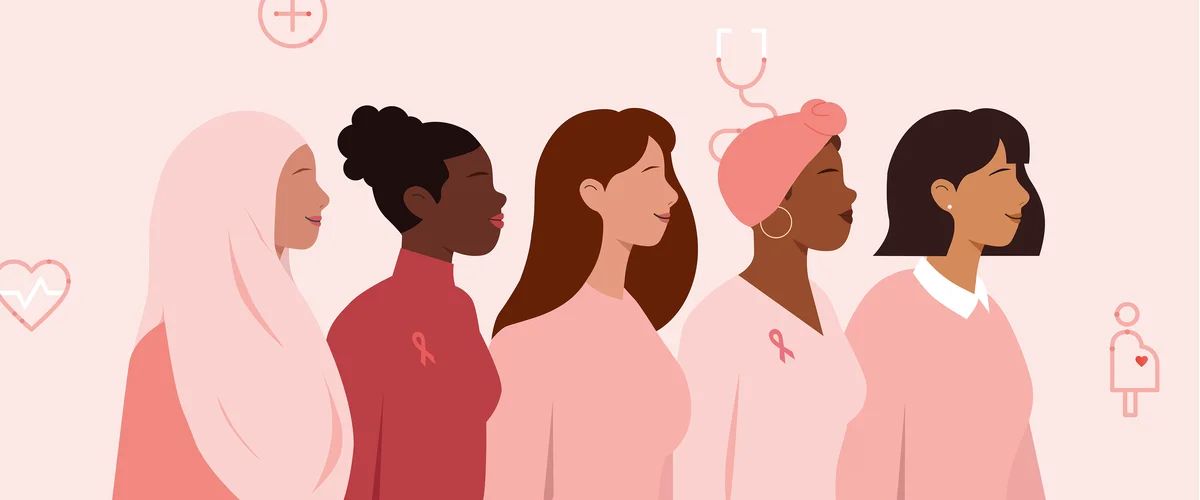Women’s Health: Concerns
Women’s health concerns have historically been under-researched and underfunded, leading to disparities in healthcare access and outcomes.
Women’s health has been a topic of increasing concern in recent years, as a growing body of research highlights disparities in healthcare access and outcomes for women. From reproductive health to breast cancer, there is a range of issues that affect women’s health and well-being.

One key area of focus is reproductive health. Access to reproductive healthcare has sparked heated debates in many countries, focusing on issues like abortion rights and contraception.
Women’s ability to control their reproductive health has a significant impact on their overall health and well-being, as well as on their social and economic opportunities.
Breast cancer is another area of concern for women’s health. Breast cancer is the most prevalent cancer among women globally, with an estimated one in eight women developing it during their lifetime.
Factors like cost and geographic location can hinder access to screening and care, despite the critical importance of early detection and treatment for better outcomes.
Women may encounter barriers and stigma when seeking healthcare for certain conditions. Gender bias is another issue that can impact women’s healthcare experiences.
Women with chronic pain may be dismissed or inadequately treated due to gender biases in medicine.
Women also disproportionately experience conditions like osteoporosis, autoimmune diseases, and mental health concerns.
Addressing these issues demands a multifaceted approach: medical interventions and efforts to tackle social and economic factors affecting healthcare disparities.
Despite these challenges, there have been many positive developments in the field of women’s health in recent years. For example, advances in breast cancer screening and treatment have led to significant improvements in survival rates.
Research into autoimmune diseases is advancing, with new treatments improving outcomes for women.
Additionally, there’s growing awareness of the need to address social and economic factors affecting healthcare access and outcomes.
Efforts to tackle poverty, discrimination, and access to education and jobs can improve overall health and well-being for women.
Another promising development in women’s healthcare is the use of technology to improve access to care and support. Telemedicine, for example, allows women to connect with healthcare providers remotely, reducing barriers to care such as transportation and cost.
Wearable health technology is also becoming increasingly popular. Allowing women to track their health and fitness and receive personalized recommendations for staying healthy.
Conclusion
Women’s health is a complex and multifaceted issue that requires ongoing attention and action. From reproductive health to breast cancer and beyond, there is a range of concerns that affect women’s health and well-being.
Addressing these issues requires a comprehensive approach: medical interventions, addressing social and economic disparities, and using technology to improve care access.
By working together to address these challenges. We can help to ensure that all women have the opportunity to live healthy and fulfilling lives. 바카라사이트